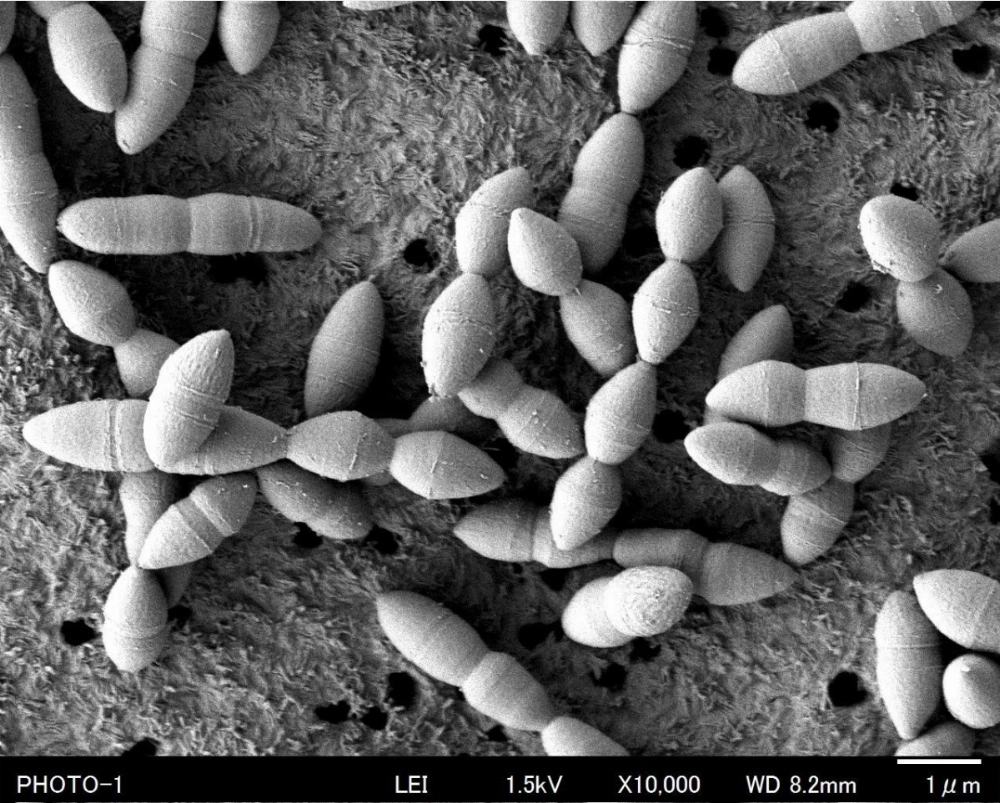The gut microbiome, comprising over 100 trillion bacteria in the intestines, is known to play a vital role in human health, affecting the immune system, heart function and weight. Now, researchers at the National Cancer Center Japan say they have discovered how a previously unknown group of gut bacteria can boost the efficacy of a class of anticancer drugs.
In a study published Tuesday in the journal Nature, NCCJ researchers said this bacteria group, which they named YB328, was found to improve the performance of cancer therapies called immune checkpoint inhibitors.
Several such immunotherapy drugs, such as Opdivo and Keytruda, have been launched over the past decade and are used for a broad range of advanced cancers, boosting the long-term survival of some patients. But their response rate is currently at around 20%, meaning they don’t work for the majority of people who receive them.


















With your current subscription plan you can comment on stories. However, before writing your first comment, please create a display name in the Profile section of your subscriber account page.